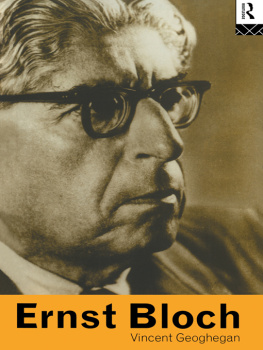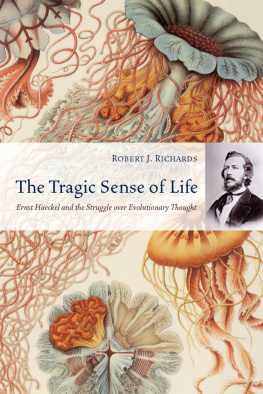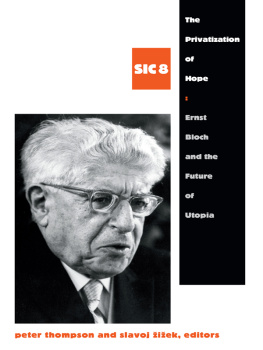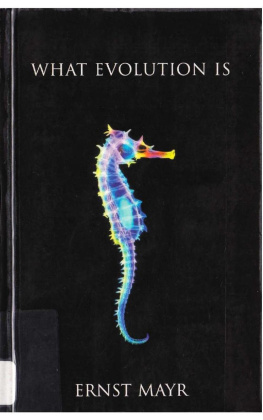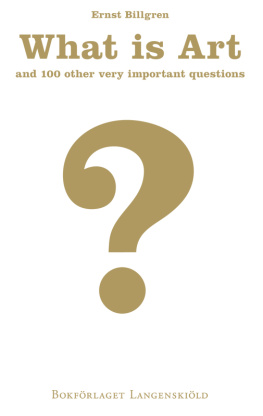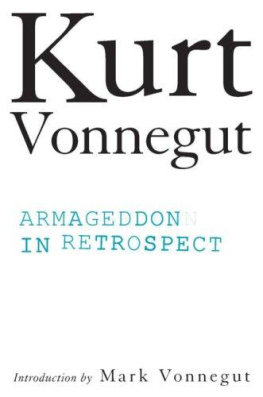Table of Contents
A few months ago the sensational announcement was made that Professor Haeckel had abandoned Darwinism and given public support to the teaching of a Jesuit writer. There was something piquant in the suggestion that the "Darwin of Germany" had recanted the conclusions of fifty years of laborious study. Nor could people forget that only two years before Haeckel had written with some feeling about the partial recantation of some of his colleagues. Many of our journals boldly declined to insert the romantic news, which came through one of the chief international press agencies. Others drew the attention of their readers, in jubilant editorial notes, to the lively prospect it opened out. To the many inquiries addressed to me as the "apostle of Professor Haeckel," as Sir Oliver Lodge dubs me in a genial letter, I timidly represented that even a German reporter sometimes drank. But the correction quickly came that the telegram had exactly reversed the position taken up by the great biologist. It is only just to the honourable calling of the reporter to add that, according to the theory current in Germany, the message was tampered with by subtle and ubiquitous Jesuistry. Did they not penetrate even into the culinary service at Hatfield?
I have pleasure in now introducing the three famous lectures delivered by Professor Haeckel at Berlin, and the reader will see the grotesqueness of the original announcement. They are the last public deliverance that the aged professor will ever make. His enfeebled health forbids us to hope that his decision may yet be undone. He is now condemned, he tells me, to remain a passive spectator of the tense drama in which he has played so prominent a part for half a century. For him the red rays fall level on the scene and the people about him. It may be that they light up too luridly, too falsely, the situation in Germany; but the reader will understand how a Liberal of Haeckel's temper must feel his country to be between Scylla and Charybdisbetween an increasingly clear alternative of Catholicism or Socialismwith a helmsman at the wheel whose vagaries inspire no confidence.
The English reader will care to be instructed on the antithesis of Virchow and Haeckel which gives point to these lectures, and which is often misrepresented in this country. Virchow, the greatest pathologist and one of the leading anthropologists of Germany, had much to do with the inspiring of Haeckel's Monistic views in the fifties. Like several other prominent German thinkers, Virchow subsequently abandoned the positive Monistic position for one of agnosticism and scepticism, and a long and bitter conflict ensued. It is hardly too much to say that Virchow's ultra-timid reserve in regard to the evolution of man and other questions has died with him. Apart from one or two less prominent anthropologists, and the curious distinction drawn by Dr. A. R. Wallace, science has accepted the fact of evolution, and has, indeed, accepted the main lines of Haeckel's ancestral tree of the human race.
In any case, Haeckel had the splendid revenge of surviving his old teacher and almost lifelong opponent. Berlin had for years been dominated by the sceptical temper of Virchow and Du Bois-Reymond. The ardent evolutionist and opponent of Catholicism was impatient of a reserve that he felt to be an anachronism in science and an effective support of reactionary ideas. It was, therefore, with a peculiar satisfaction that he received the invitation, after Virchow's death, to address the Berlin public. Among the many and distinguished honours that have been heaped upon him in the last ten years this was felt by him to hold a high place. He could at last submit freely, in the capital of his country, the massive foundations and the imposing structure of a doctrine which he holds to be no less established in science than valuable in the general cause of progress.
The lectures are reproduced here not solely because of the interest aroused in them by the "Jesuit" telegram. They contain a very valuable summary of his conclusions, and include the latest scientific confirmation. Rarely has the great biologist written in such clear and untechnical phrases, so that the general reader will easily learn the outlines of his much-discussed Monism. To closer students, who are at times impatient of the Lamarckian phraseology of Haeckelto all, in fact, who would like to see how the same evolutionary truths are expressed without reliance on the inheritance of acquired charactersI may take the opportunity to say that I have translated, for the same publishers, Professor Guenther's "Darwinism and the Problems of Life," which will shortly be in their hands.
JOSEPH McCABE.
November, 1905.
Table of Contents
In the beginning of April, 1905, I received from Berlin a very unexpected invitation to deliver a popular scientific lecture at the Academy of Music in that city. I at first declined this flattering invitation, with thanks, sending them a copy of a printed declaration, dated 17th July, 1901, which I had made frequent use of, to the effect that "I could not deliver any more public lectures, on account of the state of my health, my advanced age, and the many labours that were still incumbent on me."
I was persuaded to make one departure from this fixed resolution, firstly, by the pressing entreaties of many intimate friends at Berlin. They represented to me how important it was to give an account myself to the educated Berlin public of the chief evolutionary conclusions I had advocated for forty years. They pointed out emphatically that the increasing reaction in higher circles, the growing audacity of intolerant orthodoxy, the preponderance of Ultramontanism, and the dangers that this involved for freedom of thought in Germany, for the university and the school, made it imperative to take vigorous action. It happened that I had just been following the interesting efforts that the Church has lately made to enter into a peaceful compromise with its deadly enemy, Monistic science. It has decided to accept to a certain extent, and to accommodate to its creed (in a distorted and mutilated form) the doctrine of evolution, which it has vehemently opposed for thirty years. This remarkable change of front on the part of the Church militant seemed to me so interesting and important, and at the same time so misleading and mischievous, that I chose it as the subject of a popular lecture, and accepted the invitation to Berlin.
After a few days, when I had written my discourse, I was advised from Berlin that the applications for admission were so numerous that the lecture must either be repeated or divided into two. I chose the latter course, as the material was very abundant. In compliance with an urgent request, I repeated the two lectures (17th and 18th April); and as demands for fresh lectures continued to reach me, I was persuaded to add a "farewell lecture" (on 19th April), in which I dealt with a number of important questions that had not been adequately treated.
The noble gift of effective oratory has been denied me by Nature. Though I have taught for eighty-eight terms at the little University of Jena, I have never been able to overcome a certain nervousness about appearing in public, and have never acquired the art of expressing my thoughts in burning language and with appropriate gesture. For these and other reasons, I have rarely consented to take part in scientific and other congresses; the few speeches that I have delivered on such occasions, and are issued in collected form, were drawn from me by my deep interest in the great struggle for the triumph of truth. However, in the three Berlin lecturesmy







